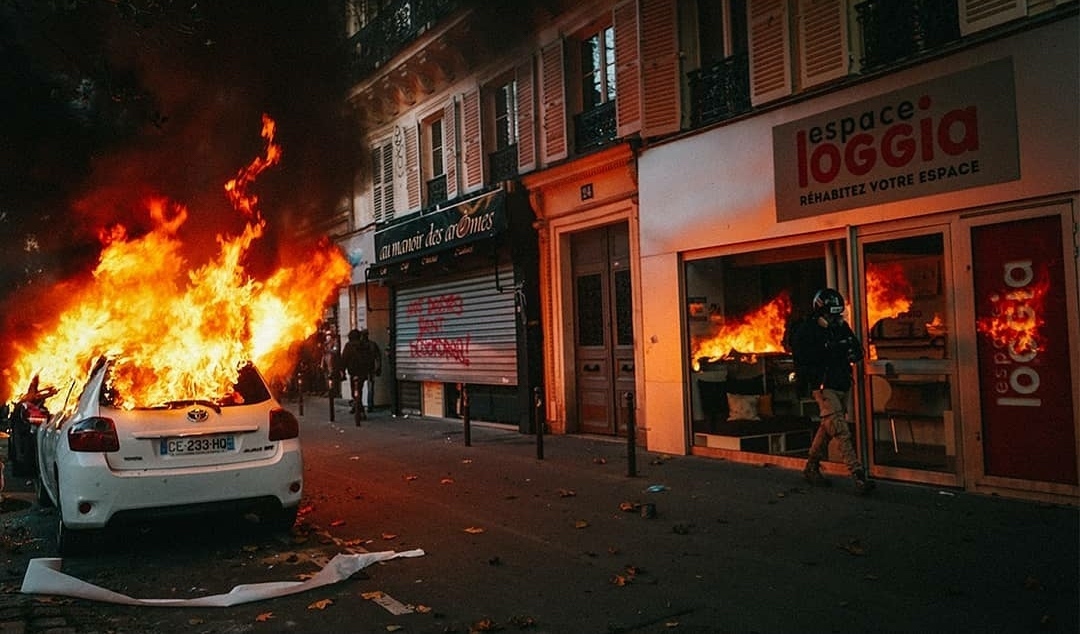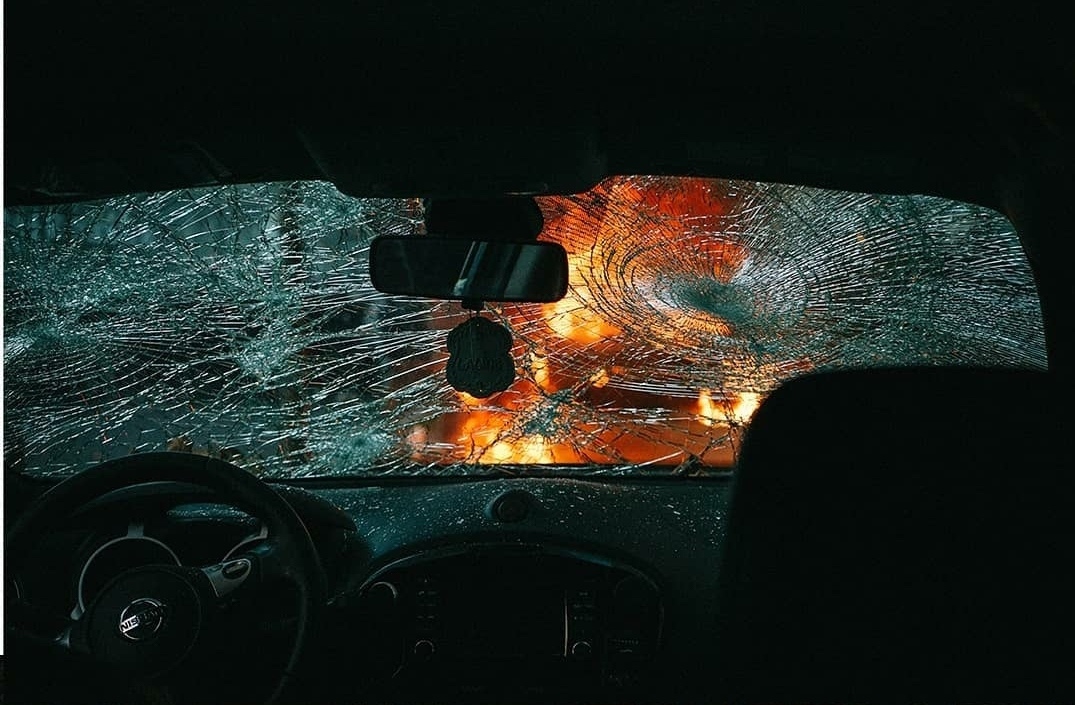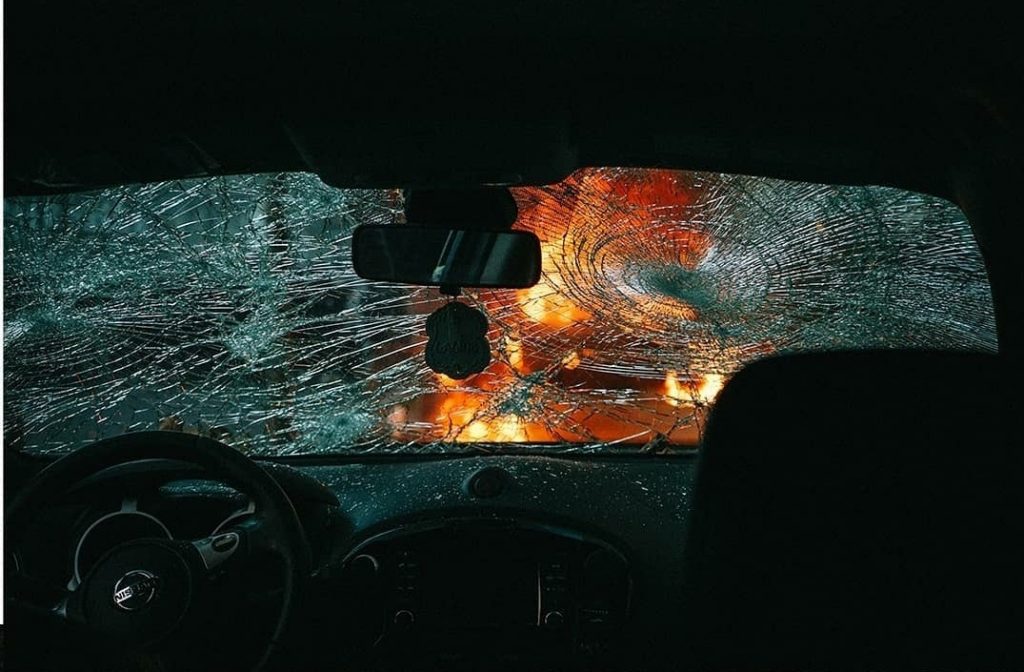Since last weekend, protests have erupted in France’s urban centres against a newly proposed ‘sécurité globale’ bill that aims to ban individuals from filming police officers.
For the thousands of people who have taken to the streets of Paris, Marseille, Lille, Montpellier, Rennes, Saint-Etienne and Nice to name a few see this bill as a clear barrier to their liberties, making them greatly unable to hold police officers accountable for their wrongdoings.
The bill also hinders the freedoms of the press who in theory will not be able to distribute images of police grossly abusing their powers.
The first mass-demonstration was on Saturday 21st at the Trocadero Square nearby the Eifel Tower in Paris, protesting the bill’s governmental hearing that was going to take place on Tuesday 24th.
Since this bill will restrict everyone’s liberties irrespective of ideology, a broadchurch of organisations and movements amassed to call the bill out for its draconian nature.
From Gillet Jaunes (yellow vests) to Extinction Rebellion, Jeunes Révolutionnaires to Les Verts (Green Party), groups who attended the demonstration perceive the new bill as a potential threat to the future of political demonstrations.
Those campaigning for the implementation of the bill have centred their arguments on the protection of police officers and their families from harassment, equating the filming of police misconduct with doxing.
To make the bill even more oppressive, a ridiculous €45,000 fine (or one-year prison sentence for those unable to afford the fine) will be issued to those who film police officers.
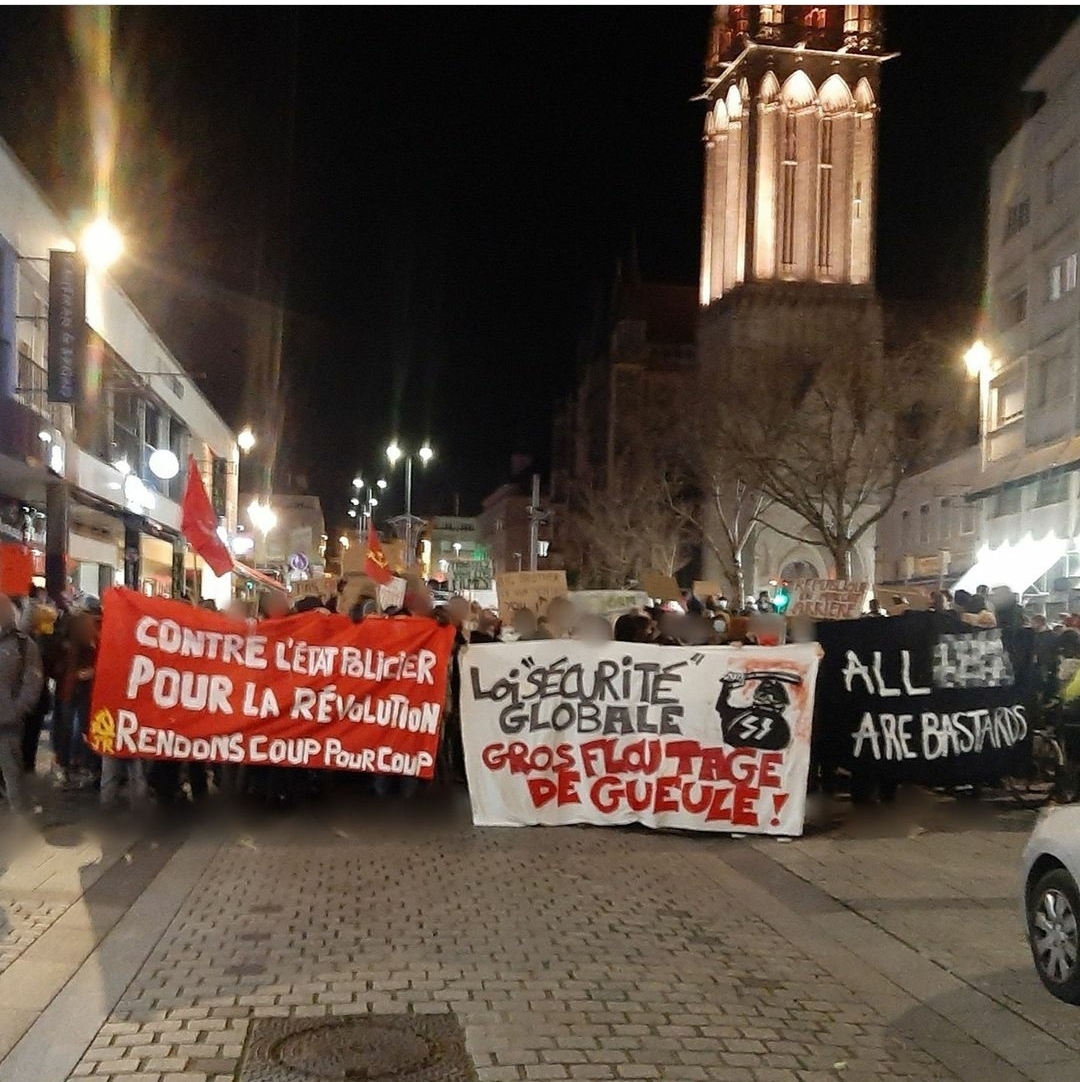
Human rights organisations and the UN have also voiced their concerns for the bill’s sanctioning of the freedoms of French citizens.
Although French Prime Minister Jean Castex after having received an incredible amount of public backlash has backtracked on the bill saying that it will only apply to individuals posting footage of police with a clear intent to “harm” officer; this is essentially a subjective statement that could easily be subverted by the police force.
Since the bill was first announced to the public, Paris police on the evening of Monday 23rd violently evicted a makeshift refugee camp of over 500 refugees in the east of the city at the Place de la République.
Through the filming of violent police methods such as the use of tear gas, individuals were able to expose to the world via the media the police’s abuse towards extremely vulnerable members of society.
If this bill becomes law, exposing such violations would become prosecutable in itself.
On Tuesday 24th, the bill successfully passed through the French government’s lower legislative house, meaning that the upper executive house of the government only needed to approve it for it to become law.
On Thursday 26th footage went viral of the violent arrest of Michel Zecler, a black French music producer at his Paris music studio, prompting many to argue that the bill will legally protect police acts of racism.
CCTV footage of the incident showed police beating up Zecler before putting him into custody for 48 hours.
After watching the footage, France’s President Emmanuel Macron was even reported to have gone red in the face from how graphic it was.
Such an emotional reaction from the French President himself attests to the power of video footage for sparking a response from the public and to hold those perpetrators of misjustice to account.
Speaking to journalists, Zecler was grateful that the footage went viral, saying: “these people were supposed to protect me. I didn’t do anything to deserve that. I want these people punished by the law. Of course I was afraid … it’s lucky I have the videos to protect me. This shouldn’t happen.”
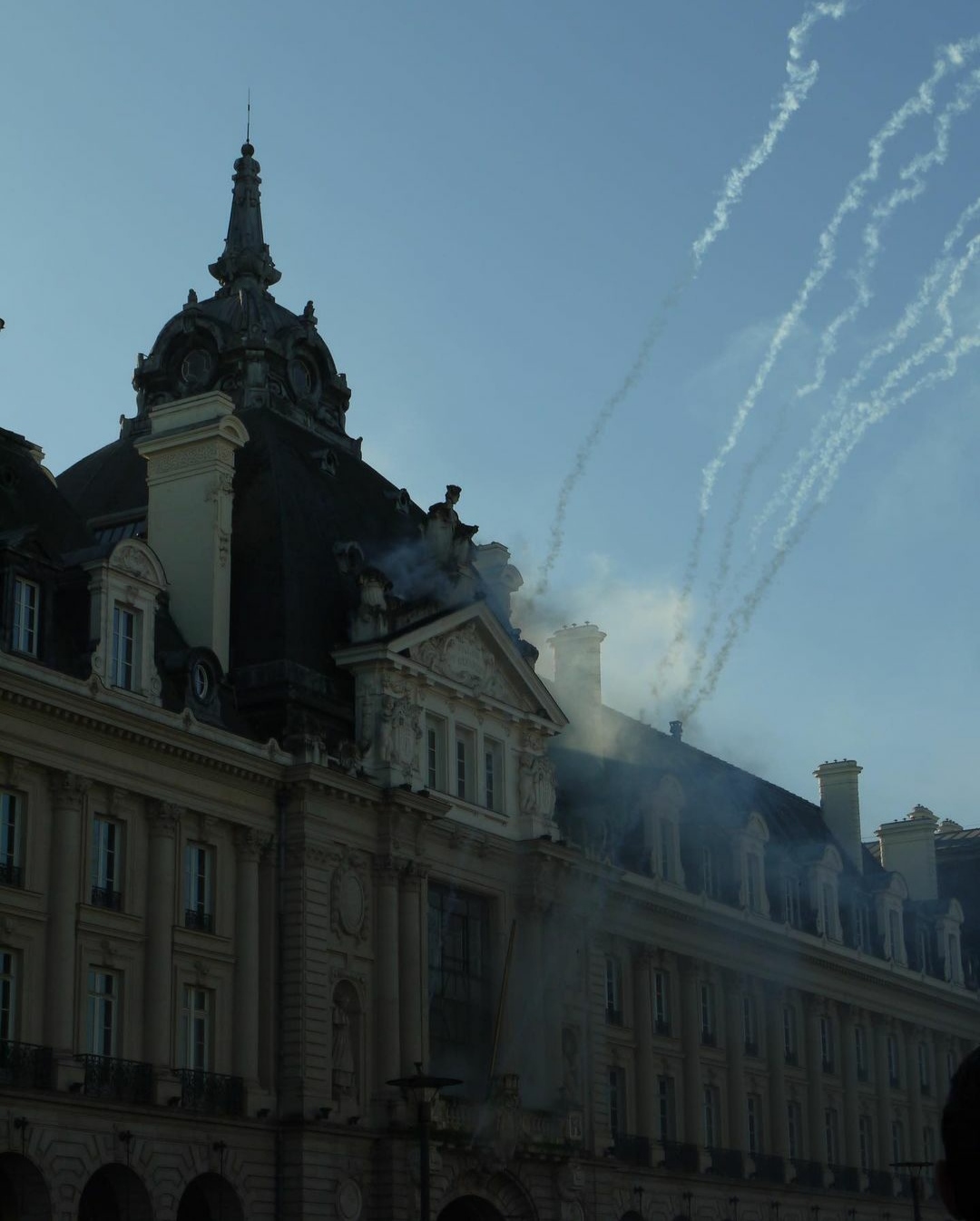
During the daytime of Satuday 28th, unions, political parties, journalists, humanitarian rights NGOs all came together to put pressure on the government so that the bill does not get passed through the higher executive house of French parliament to become legislated.
Since the protest from the week before, more emphasis has been placed on the resctrictions that the bill will place on freedoms of the press.
Earlier this month around 40 journalist organisations signed a statement demanding that France’s Interior Minister Gérald Darmanin removes the clauses of the bill that “undermine the freedom to inform”.
In an interview with Le Monde, Emmanuel Vire, the General Secretary of the French national union of journalists (SNJ-CGT) said that the bill was “liberticide”; a fundamental impingement on not only journalists but also individuals, giving people who report on injustices the “impression of being attacked from everywhere.”
Although Jean Castex, the Prime Minister, has announced that an independent commission will examine and rewrite the controversial article 24, the French public appear to see this statement as an empty promise.
Later on during Saturday’s protests, things took a more violent turn in part due to police aggravation of protesters.
Firing tear gas and assaulting the protesters with batons, it was inevitable that the protesters would fight back.
Hurling fireworks, burning cars and furniture alongside smashing shop windows the protesters were merely a conduit of the French public’s anger towards the bill.
The police violently responded to the acts street resistance from the protesters, even attacking award-winning photojournalist and Syrian refugee Ameer Alhalbi with a baton.
As the previous violent police clearance of refugees earlier on in the week had shown, French police undeniably have racial and even class biases and should by every means necessary be held accountable for their perpetrations of misjustice be it via video footage or other forms of evidence.
Public retaliation will only grow if this bill becomes law.
Tomasz Nowak
